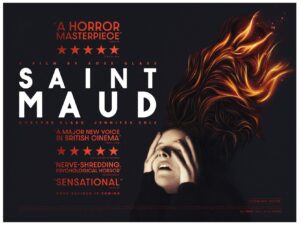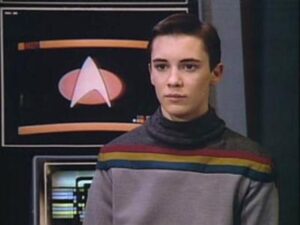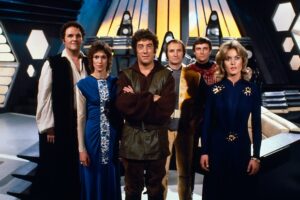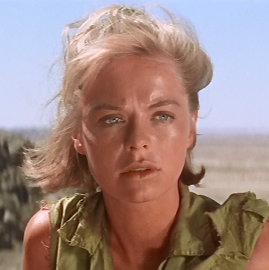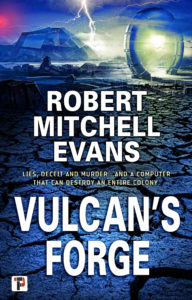Because I am a Disney+ subscriber and curious about the reported train wreck that was Josh Trank’s 120-million-dollar adaptation of the Fantastic Four I began watching the 2015 film a few nights ago.
Young geniuses as Reed Richards is presented in this version are a thing and can be a compelling way to open a story. The historical drama Hidden Figures starts with a young Katherine Johnson displaying mathematical abilities beyond her grade to establish the 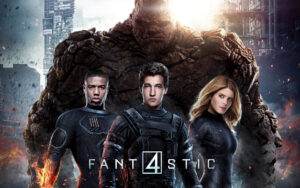 character the prodigy she truly was. A similar thing could have been used for the fictional Reed Richards but the filmmakers unable to show the requisite restraint to tell the tale in an unfolding and tantalizing manner instead of displaying knowledge and aptitude beyond his grade young Reed, a pre-pubescent Reed, is actually building teleport devices in his garage. This is far too much far too fast.
character the prodigy she truly was. A similar thing could have been used for the fictional Reed Richards but the filmmakers unable to show the requisite restraint to tell the tale in an unfolding and tantalizing manner instead of displaying knowledge and aptitude beyond his grade young Reed, a pre-pubescent Reed, is actually building teleport devices in his garage. This is far too much far too fast.
In Hidden Figures Katherine’s teacher confronted with the young girl’s fantastic ability recognizes brilliance in her presence and works with Katherine’s parents and church to get the girl the education her mind deserves. Fantastic Four however repeats a worn, tired, and unjust trope when Reed’s teachers is simply incapable of recognizing talent that stands before him and Reed is shuffled into the misunderstood outcast archetype instead of having any actual character.
This is repeated in High School and it was at this point that my bed and slumber proved more enticing that a story written by a paint-by-numbers methodology. Instead of returning to this film in following nights I found the comically under-budgeted and scientifically challenged British Sci-Fi series Blake’s 7 far more engaging.
Character wins over spectacle.

